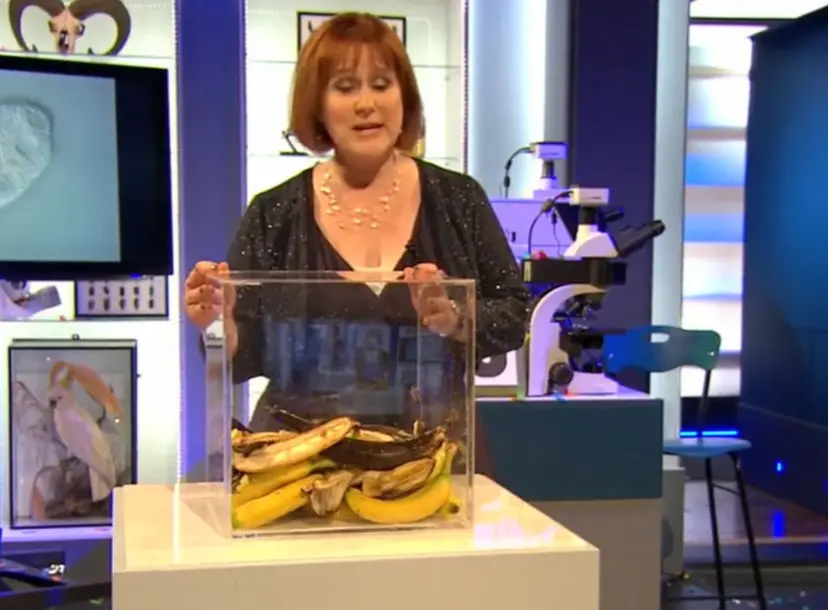Lecture 1 – Where do I come from?
Your life stems from a single cell. Yet within the trillion of cells that make up your body lies a fundamental conundrum. Each cell contains identical DNA, yet muscle cells are very different from skin cells; blood cells are very different from brain cells.
How does each of your cells 'know' exactly what to do? And when? And where? How do your heart cells start beating? How can your eye cells help you see the world around you? Can we use our understanding of how stem cells transform into specialised cells to build new body parts? What can we learn from animals that can regenerate their limbs? And what are the implications of tinkering with the fabric of life?
About the 2013 CHRISTMAS LECTURES
Life is the greatest show on Earth from the lowliest worm to the mightiest mammal. Yet from the moment of conception to the formation of limbs, to the development of brains there’s something that all living things depend on: cells.
Cells grow, multiply, change, move, communicate and ultimately die. They are the very essence of life, but how do they work together to form it? Gradually we are beginning to unravel their secrets. Life is fantastic and full of questions, but as we reveal the answers more questions emerge.
The 2013 CHRISTMAS LECTURES, presented by Alison Woollard from the University of Oxford, will explore the frontiers of developmental biology and uncover the remarkable transformation of a single cell into a complex organism. What do these mechanisms tell us about the relationships between all creatures on Earth? And can we harness this knowledge to improve or even extend our own lives?
